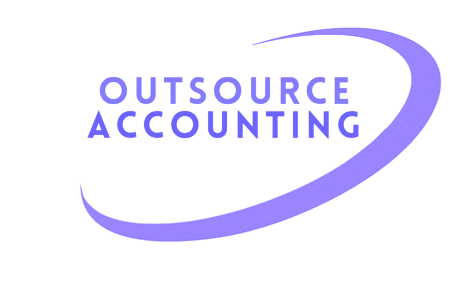As a business owner in the UK, it is your responsibility to understand how to file annual accounts in the UK. Knowing the process of filing annual accounts is essential, whether your business is active or dormant. Your annual accounts offer the stakeholders and authorities the acumen to assess your economic well-being. For dormant companies, filing annual accounts is equally important, being transparent even at times of inactivity. Enough waffle, let’s get to it!
Key steps in filing annual accounts
Here are some key steps to consider while filing your annual accounts in the UK:
Understanding your annual accounts filing deadline
The first step in filing annual accounts is to be aware of your filing deadline; which varies based on your company’s financial year-end, also known as a fiscal year-end or annual accounting period. For example, if your start of the financial year is January 1st 2024, then your financial year-end will be December 31st 2024. Do you know your annual accounting period? It is important for you to check with Companies House or your accountant for the exact date; failing to comply with the Companies House rules and regulations can result in penalties.
Gather your financial statements
The next step is to compile your financial statements, which includes the balance sheet, profit and loss statement, and cash flow statement. Through these documents, the stakeholders and legal authorities are provided with a comprehensive overview of your company’s financial standings during the accounting period.
Choose the right accounting standards
Most of the countries have their own accounting standards, your accounts must adhere to the relevant accounting standards. In the United Kingdom, to follow the accounting standards, businesses typically follow either UK Generally Accepted Accounting Principles (UK GAAP) or International Financial Reporting Standards (IFRS).
Moreover, it is crucial to familiarise yourself with the legal framework in the UK, such as the Companies Act and other relevant regulations that outline the obligations and deadlines.
Complete the Required Forms
To submit your annual accounts, there are specific forms that need to be filled out, as required by Companies House. It is important to be meticulous in providing these essential information to avoid delays and other complications that may arise.
Utilise accounting software
There are a lot of accounting software and platforms that can make the filing process easier for you. Some software even helps store your documents in secure cloud storage, making it easier for you to access them from anywhere you want. Remember, most of these accounting software need payment.
Check out our All Accounts Filing service; our experts know how to file annual accounts accurately, and we will make the filing a piece of cake for you.
Filing for dormant companies
If your company is dormant, you are still, as a director of the company, responsible to file accounts to Companies House. Here are some important key takeaways:
Identifying dormant status
To understand and confirm your company’s dormant status is the primary step to file annual accounts for a dormant company. Companies House and HMRC don’t set a specific time limit for companies looking to place their business in a dormant status. However, once you’ve officially registered your company as dormant, there are certain obligations you’ll need to meet. Filing your annual accounts with Companies House is one of those responsibilities.
Simplified Procedures for Dormant Companies
Companies that are dormant benefit from simplified filing processes, but it’s important to understand the requirements. Learn about the streamlined reporting and documentation requirements that are applicable to dormant entities.
Extra tips and best practices
To help you stay compliant, here are some tips and best practices for you to follow:
Be aware of deadlines
Punctuality is the key in filing annual accounts with the Companies House to avoid penalties and other legal consequences.
Seek professional advice
For complex financial situations, consulting with reliable and expert accountants can be a great help. They would also ensure compliance and accuracy while filing annual accounts for you.
Keep accurate records throughout the year
We encourage you to maintain meticulous records of your financial transactions throughout the year. Doing so will not only ease the filing process, but also enable better financial management and decision-making.
Regularly Update Companies House
Inform Companies House of any changes in your company’s structure, registered office address, or directors. Timely updates ensure that your business information remains accurate, contributing to a smooth filing process.
Now that you know how to file annual accounts in the UK, you must have realised that it is a manageable process. By understanding the key steps, requirements, and some best practices, active or dormant businesses can easily fulfil their requirement to file annual accounts accurately and on time.
Good luck filing, mate! 😉






